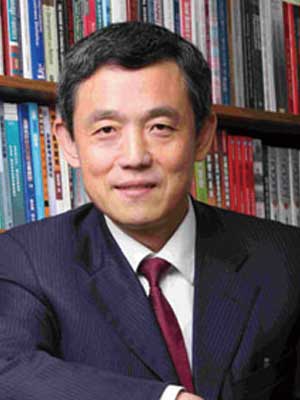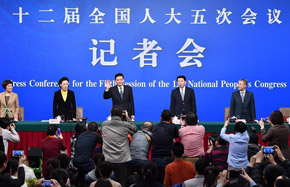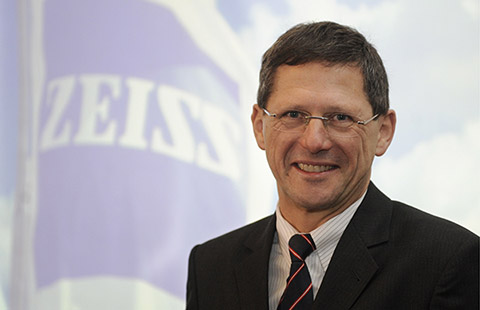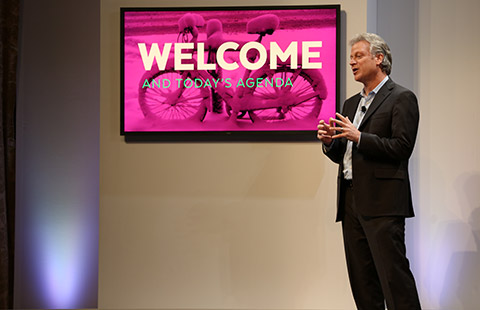Are cities expanding too fast and too soon?
Smart plans
Planning authorities may gain wisdom from the experience of cities in other countries.
 |
|
Xue Lan, dean of Tsinghua University's School of Public Policy and Management |
For example, Santa Barbara, a small but beautiful city in California, gives a holistic and peaceful impression. Anybody who has flown to that city from China must have been impressed by the simplicity of its airport, for in China, regardless of the size of the city, it has to construct a grand airport if it is to have one.
The harmony and pragmatism demonstrated in Santa Barbara's city planning is very much needed in China's urbanization, if China is to have fewer stereotyped cities and minimize the waste of resources.
Also, opportunities for industries to thrive are never reserved exclusively for metropolises. The headquarters of Hallmark Cards, the largest manufacturer of greeting cards in the United States, is located in Kansas City, Missouri. Starting from this less well-known city in the midwestern US, Hallmark cards are now sold all over the world, and the company has consolidated annual revenue of around $4 billion.
Hallmark Cards was not based on depending on one city for all its resources and convenience, but on the pursuit of excellence, and keeping its research and development center there. Pursuit of excellence is part of the city's culture, which has also greatly benefited a lot of other companies.
Other than the poorly conceived and potentially wasteful plans, local governments in China also have problems in their hasty moves to promote urbanization. Projects that take decades to complete in other countries are often finished in four or five years.


















